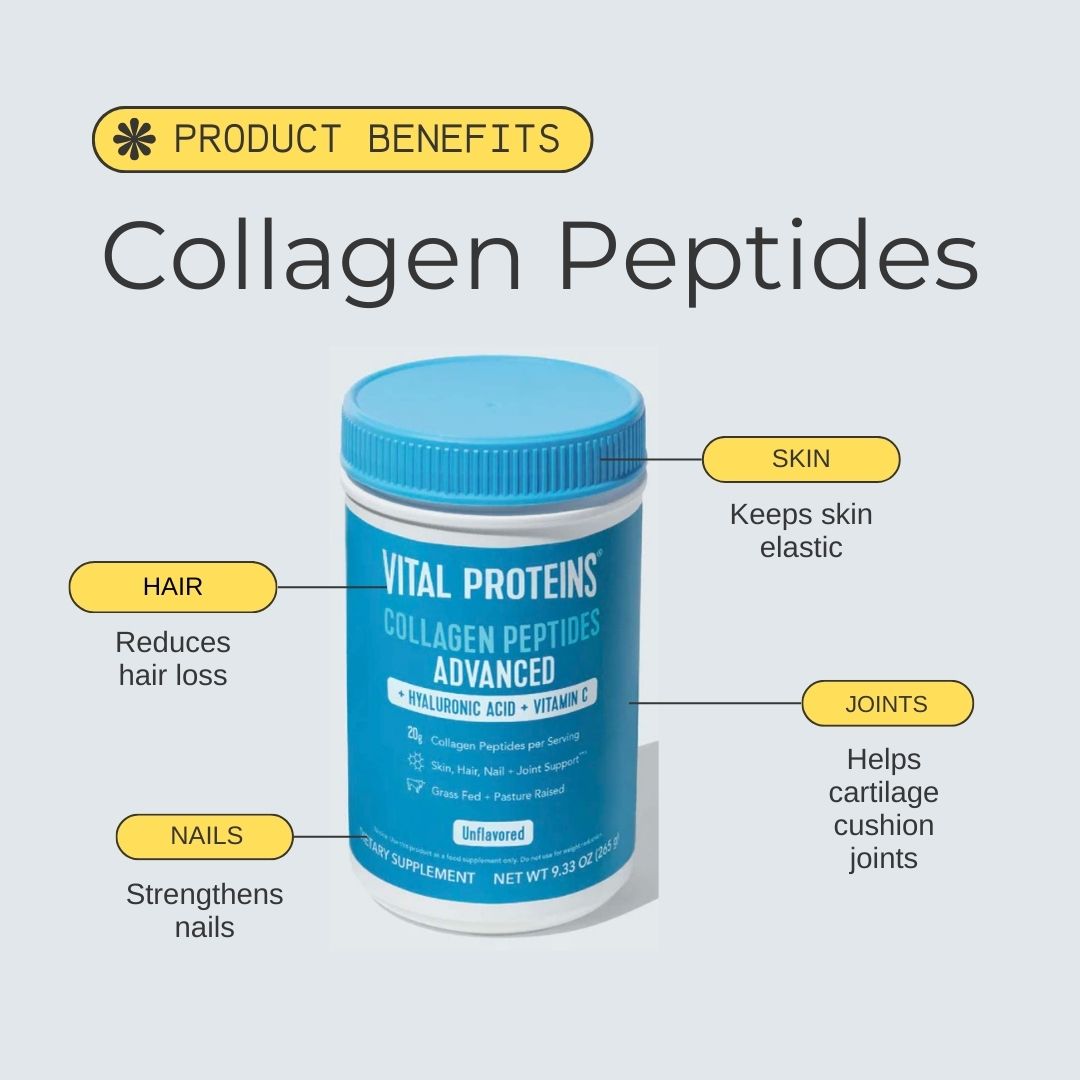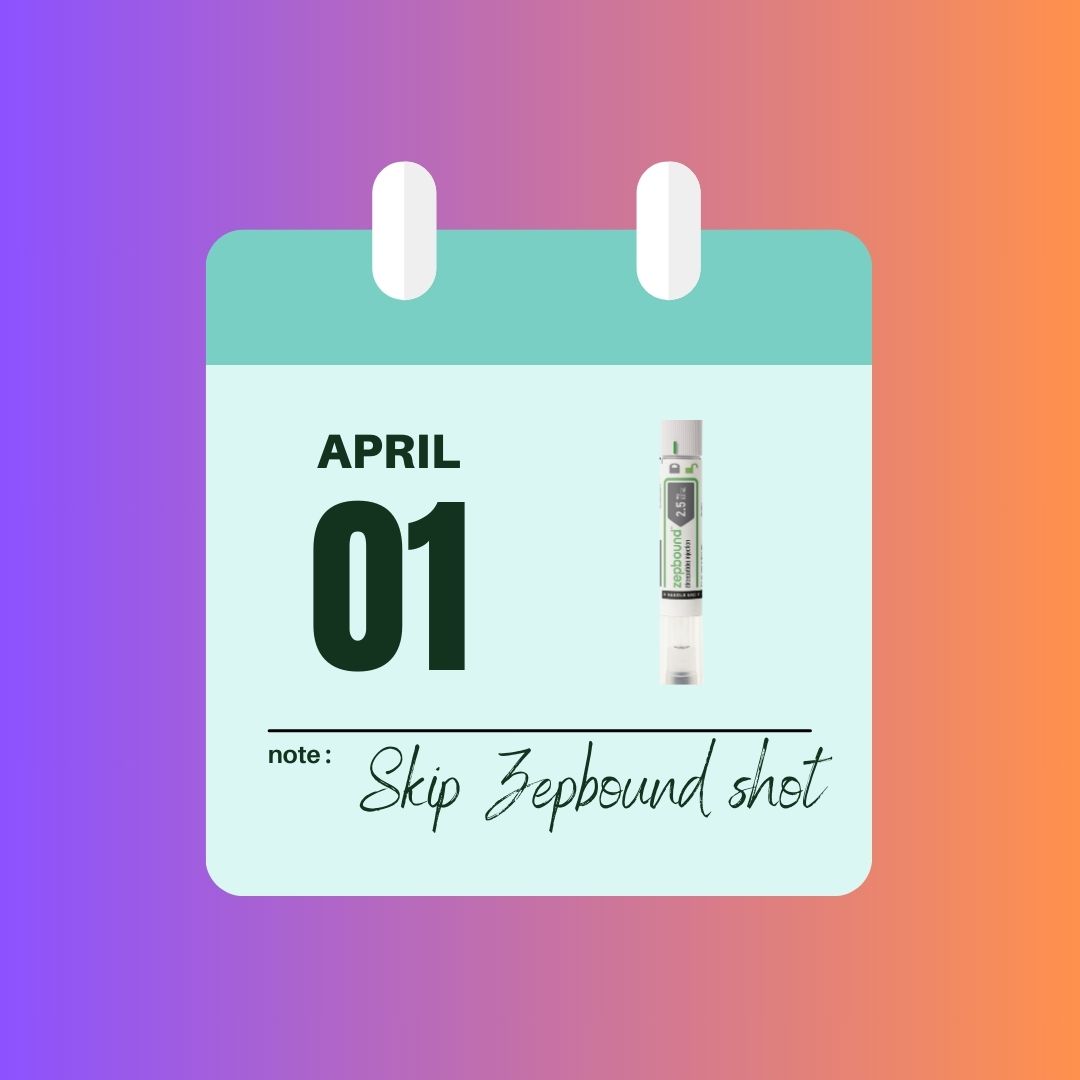My Zepbound prior authorization took less than 5 hours
I feel very thankful right now. Everyone who takes a GLP-1 drug worries about their insurance prior authorization approval process. Well, today, at 11 a.m., my endocrinologist prescribed Zepbound — a drug that requires a PA before my insurer will cover it. Just four hours and 20 minutes later, my prior authorization was approved by my pharmacy benefits manager (Express Scripts). OMG! I was completely surprised when that email notification popped up in my inbox. Wow!
What is an insurance prior authorization approval?
A prior authorization (PA) or pre-authorization is a process many insurance companies and pharmacy benefit managers require before approving a procedure, medication, or medical device that your doctor has prescribed.
I’d heard horror stories from many people about how arduous the PA process for any drug can be but especially for this new class of weight loss shots, such as Zepbound (made by Eli Lilly) and Wegovy (made by Novo Nordisk).
My own primary care doctor was dubious when I talked with her about Zepbound. Her prior experience was that her practice spent a lot of time on PA paperwork for these once-weekly injections like Mounjaro and Ozempic, only to have them rejected by the insurance companies.
An insurance concierge can make all the difference
My PCP’s experience, in part, is why I decided to seek out a telehealth company that focuses on weight loss as a chronic disease. I signed up with Weight Watchers Clinic (powered by Sequence) and was paired with an endocrinologist, a registered dietician, a care manager, and an insurance concierge. That last individual, the insurance concierge, would turn out to be key to this process.
Like my PCP, my endocrinologist also warned me that it may take some time to work through the prior authorization maze with my pharmacy benefits manager. She also cautioned that the PA may be rejected, and if that happened, we’d regroup to discuss an appeal or try a different medication.
What is step therapy and do all PAs require it?
I appreciated the time she spent preparing me for what may happen next, but I was optimistic. For starters, my Weight Watchers Clinic profile asked me to upload any evidence of diet and wellness programs or medications I may have previously tried before. OK, hold my Stanley! I had evidence of participation in program after program from 1993 through 2023. It clearly showed a pattern of adherence to weight loss programs, but also the eventual regain of the weight I’d lost.
That pattern would help if my insurer wanted to request “step therapy,” requiring patients to try a program or alternative medication before they will approve access to the medication your doctor feels is best for you. I felt my dossier of evidence would help prove my case that this particular medication was needed to help me effect lasting change.
Why was my PA for Zepbound approved so quickly while yours was denied? (Hint: The formulary)
One huge asset in my corner was that my pharmacy benefit manager had already added Zepbound to its “formulary” before my endocrinologist attempted prior authorization. A formulary is simply the list of drugs that an insurer will cover – with some requiring that pesky prior authorization.
Zepbound is a new drug on the market. The U.S. Federal Drug Administration (FDA) approved the medication on Nov. 8, 2023. Some pharmacy programs have acted more quickly to add this important weight loss tool to their formulary for possible coverage.
If your PA was denied because the drug hasn’t yet been added to the formulary, keep checking back. It could be added any day, at which time your doctor can resubmit the PA. Or, you can appeal the decision and see if there’s any chance they’d cover it before it hits the formulary.
My Zepbound copay is $35 per month
Insurance in America is a complicated business. While you and I may have the exact same insurance company and pharmacy benefit manager, what’s covered by my policy and yours is likely different. That’s because individual employers can work with the insurance company to determine what their customized policy will cover and what it won’t.
My commercial insurance plan (i.e., employer-sponsored plan) covers Zepbound with a $35 copay for a one-month supply of four injection pens. (Yes, I feel very fortunate that’s the case.)
According to the drug’s manufacturer, Eli Lilly, if you have commercial insurance and it doesn’t cover Zepbound, you may be able to pay $550 per month with the assistance of its savings card.
If you aren’t eligible to use the savings card, you could pay over $1,000 per month for this drug.
If you have an employer-sponsored health plan, check your options
I am blessed to work for a company that is very focused on its employees’ quality of life. They’ve negotiated a variety of medical plans for employees who are at different stages of their lives. I’m well into my career and have more healthcare needs now than I did when I was in my twenties. That’s why every year during open enrollment I pick the top plan. Yes, it costs me more out of pocket but what it covers for my reasonable deductible is worth it to me.
Next year during open enrollment at your company, check to see if there are multiple insurance options to choose from. Take the time to research each and see if any one of them is better than another, especially if you and you’re doctor are discussing the addition of a GLP-1 weight loss injection medication to your care plan.
The wrap-up
Now that my PA is approved, I’m waiting for the actual prescription to arrive at my pharmacy. Then, we’ll see if they can easily get the medication or if there are any supply delays. Fingers crossed that I can get my first one-month supply soon!
Did you need an insurance prior authorization approval to get started with a GLP-1 drug?
Tell me about your experience or post about it on the Shots to Shed Pounds Facebook page. I always interested in understanding how different insurance companies and pharmacy benefits managers operate.






